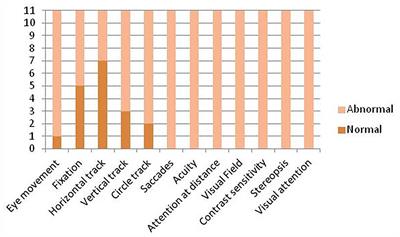EDITORIAL
Published on 11 Oct 2022
Editorial: Genetically determined epilepsies: Perspectives in the era of precision medicine
doi 10.3389/fneur.2022.1036846
- 1,130 views
20k
Total downloads
92k
Total views and downloads
EDITORIAL
Published on 11 Oct 2022
CASE REPORT
Published on 07 Sep 2022
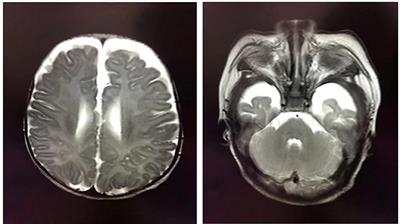
REVIEW
Published on 08 Aug 2022
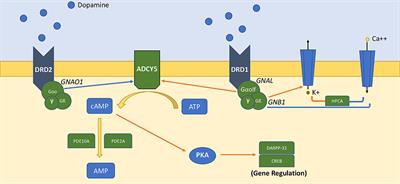
REVIEW
Published on 21 Jun 2022
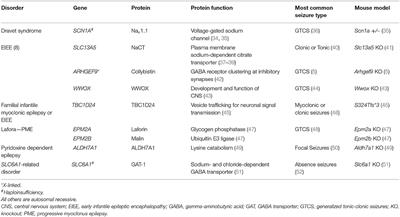
ORIGINAL RESEARCH
Published on 20 Jun 2022
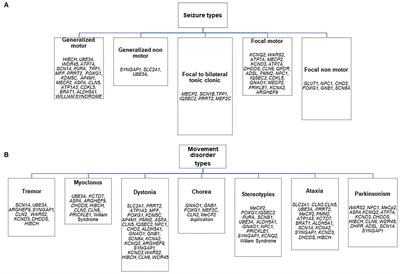
CASE REPORT
Published on 25 Mar 2022
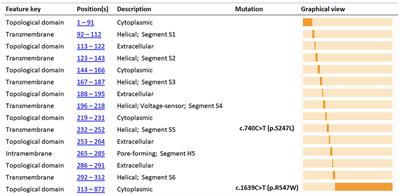
ORIGINAL RESEARCH
Published on 09 Mar 2022
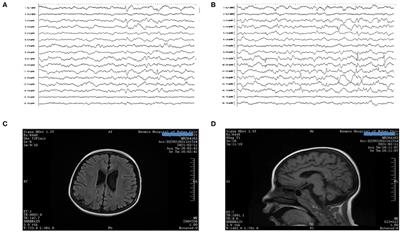
REVIEW
Published on 08 Mar 2022
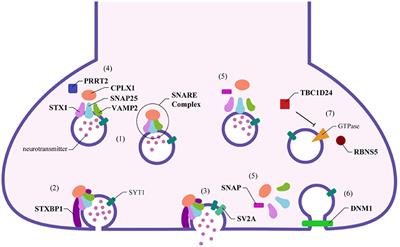
ORIGINAL RESEARCH
Published on 07 Mar 2022
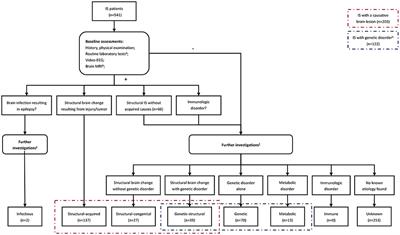
REVIEW
Published on 17 Feb 2022
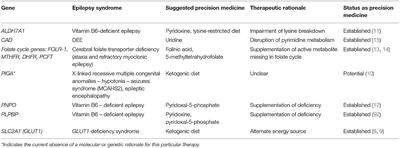
CASE REPORT
Published on 01 Feb 2022
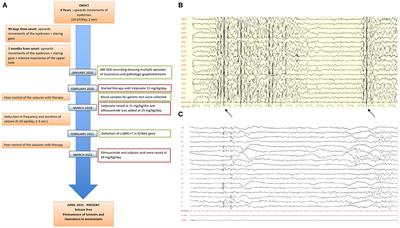
BRIEF RESEARCH REPORT
Published on 26 Jan 2022
